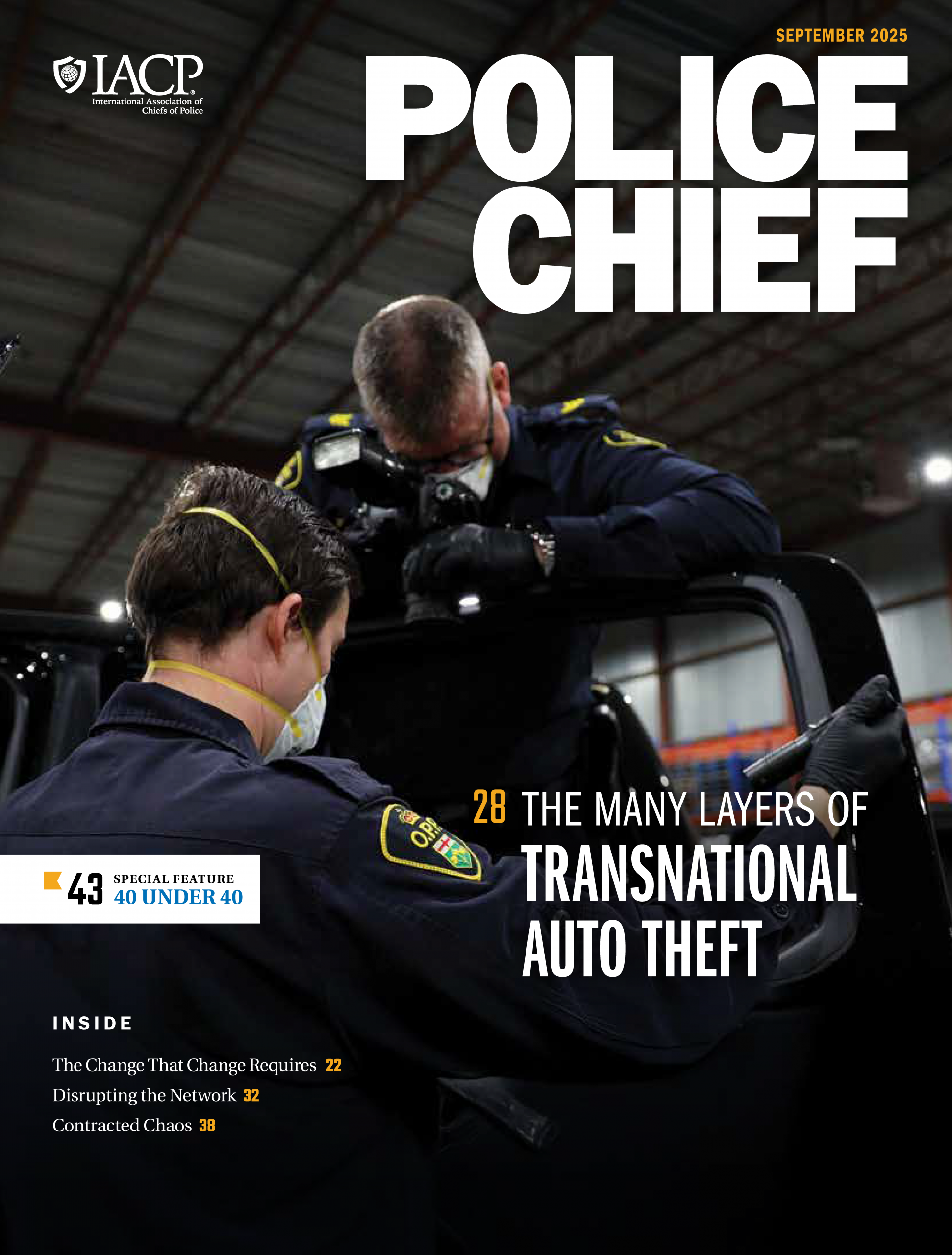Virtual (In)sanity
The Added Value of VR in Preventing Ethnic Profiling

Police departments across the world increasingly face allegations of ethnic profiling. According to the European Fundamental Rights Agency, ethnic profiling involves treating an individual less favorably than others who are in a similar situation (e.g., by exercising police powers), and where a decision to exercise police powers is based only or mainly on that person’s race, ethnicity, or religion. Over the years, law enforcement agencies in Europe and the United States have made considerable investments in professionalizing policing to prevent ethnic profiling. However, attempts to improve officers’ knowledge and skills to remedy potential biases toward certain demographic groups have proved challenging and ineffective.
Part of the problem is that ethnic profiling is a topic that seems to be of little interest to many police officers. The subject is sensitive and prone to invoke emotional and defensive reactions. Effectively addressing the issue of ethnic profiling in training is, therefore, challenging. Officers may be unmotivated to take part in interventions in classrooms or via e-learning, and dominant group opinions may cause officers to seek concurrence where constructive debate would be preferred for learning purposes.
Dedicated training and constructive dialogues with peers are vital to make police officers aware of their own prejudices and unconscious biases, and, thus, to mitigate ethnic profiling. Therefore, law enforcement agencies must look for innovative and alternative ways that are both fun and engaging, as well as effective, in facilitating learning on this important matter.


